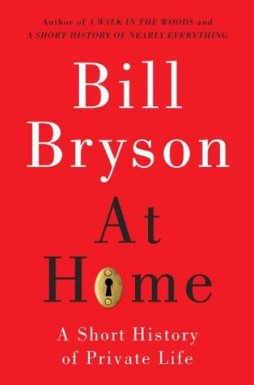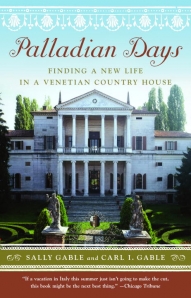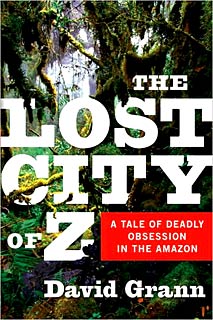This review contains affiliate links, which earn me a small commission when you click and purchase, at no extra cost to you. Thank you for supporting my small business and allowing me to continue providing you a reliable resource for clean book ratings.
When Bill Bryson and his wife moved back to England, they purchased a rectory built in 1851. I’m not sure if he thought much of it when he first moved in, but after living there a while, he started thinking about how little he knew about his house, and the history that surrounded it. Thank heavens for his curiosity, because out of it was born this book: a fascinating history of the world without leaving the home.
Initially, that sounds a bit dry as well as overly ambitious: how can one tell the history of the world through the house? The short answer: you can’t. What you can tell is a general history of how homes came to be what we find them today in England and the U.S. Bryson ends up focusing on those two countries, as well as mainly on the 19th century, giving the book a much less ambitious perspective. And because Bryson is a thorough researcher and a masterful writer, this book — which is stuffed full of facts and people you can’t hope to begin to keep straight — is downright fascinating. From the history of how tea came to be England’s national drink, to the Eiffel Tower, to indoor plumbing and the telephone, to the rise of the middle class, to sexual repression in Victorian England: this book seriously has it all.
I listened to this one on audio, which possibly wasn’t the best way to interact with this book. I kept wanting to flip back chapters, to reread passages, to find earlier references to the people and circumstances that he refers back to. He does do a good enough job reminding the reader about who or what things were, but I still wanted to go back and see it for myself. That said, the information itself was fascinating not just because history is fascinating, but because Bryson makes it so. It’s his snide asides, and his brilliant observations, and the sheer amount of research that he did to write this book that really makes this book worth reading.
Rated: Mild for a few instances of mild swearing, and because 17th- and 18th-century medicine is not for the faint-hearted. (And Bryson doesn’t sugar-coat anything.)
Click here to purchase your copy of At Home: A Short History of Private Life on Amazon.




